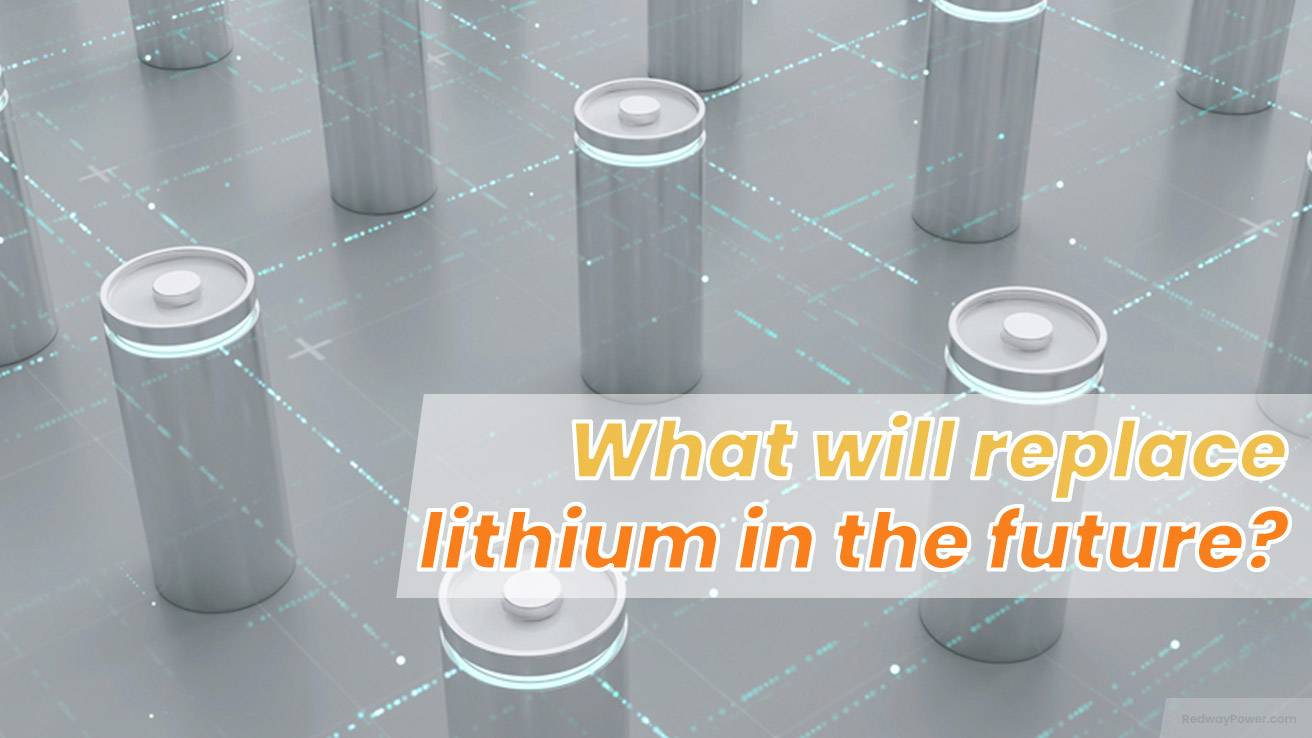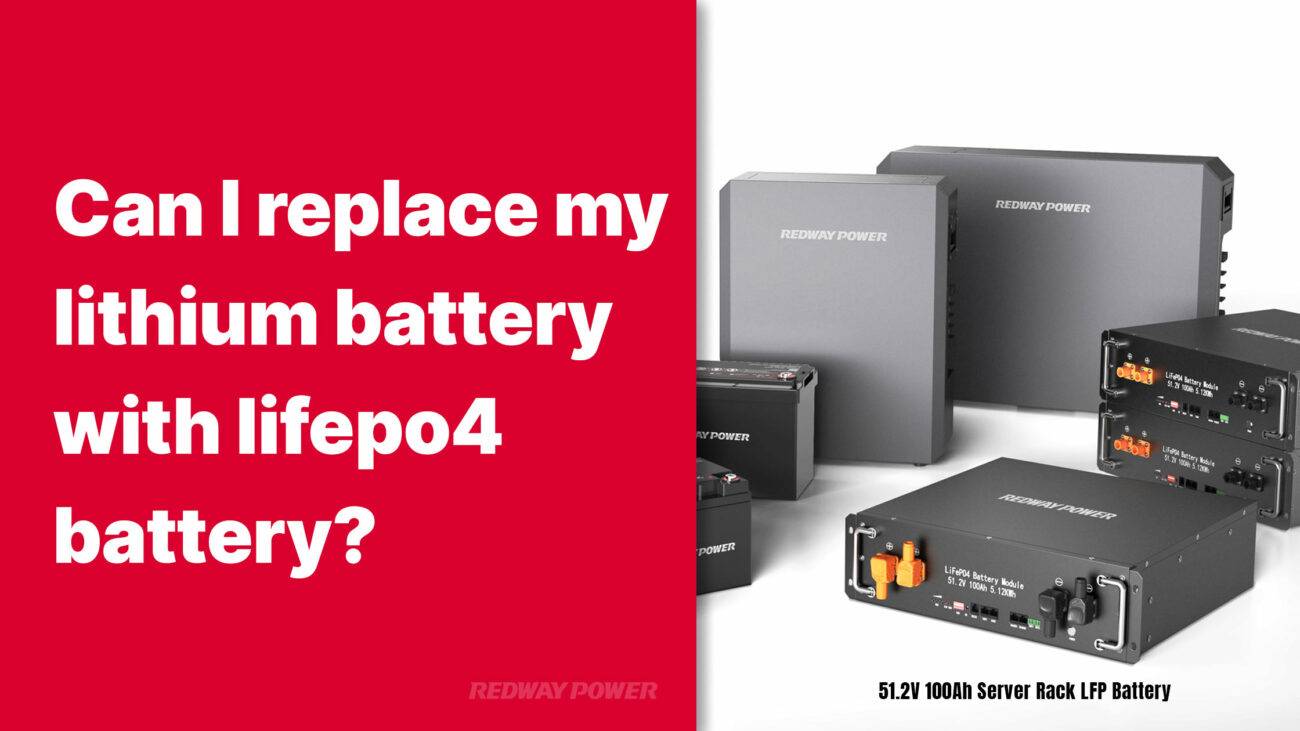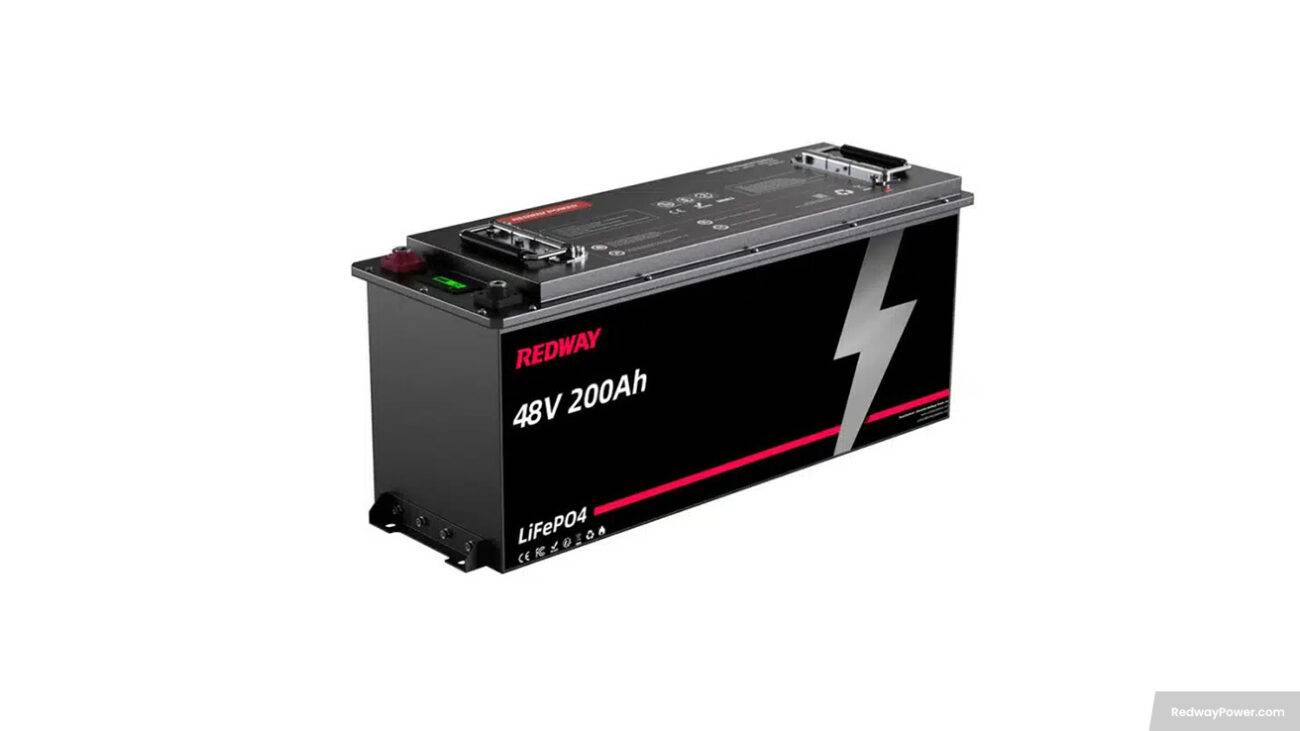- Lithium Golf Cart Battery
- Forklift Lithium Battery
-
48V
- 48V 210Ah
- 48V 300Ah
- 48V 420Ah (949 x 349 x 569 mm)
- 48V 420Ah (950 x 421 x 450 mm)
- 48V 456Ah
- 48V 460Ah (830 x 630 x 590 mm)
- 48V 460Ah (950 x 421 x 450 mm)
- 48V 460Ah (800 x 630 x 600 mm)
- 48V 460Ah (820 x 660 x 470 mm)
- 48V 500Ah
- 48V 560Ah (810 x 630 x 600 mm)
- 48V 560Ah (950 x 592 x 450 mm)
- 48V 600Ah
- 48V 630Ah
-
48V
- 12V Lithium Battery
12V 150Ah Lithium RV Battery
Bluetooth App | BCI Group 31
LiFePO4 Lithium
Discharge Temperature -20°C ~ 65°C
Fast Charger 14.6V 50A
Solar MPPT Charging - 24V Lithium Battery
- 36V Lithium Battery
- 48V Lithium Battery
-
48V LiFePO4 Battery
- 48V 50Ah
- 48V 50Ah (for Golf Carts)
- 48V 60Ah (8D)
- 48V 100Ah (8D)
- 48V 100Ah
- 48V 100Ah (Discharge 100A for Golf Carts)
- 48V 100Ah (Discharge 150A for Golf Carts)
- 48V 100Ah (Discharge 200A for Golf Carts)
- 48V 150Ah (for Golf Carts)
- 48V 160Ah (Discharge 100A for Golf Carts)
- 48V 160Ah (Discharge 160A for Golf Carts)
-
48V LiFePO4 Battery
- 60V Lithium Battery
-
60V LiFePO4 Battery
- 60V 20Ah
- 60V 30Ah
- 60V 50Ah
- 60V 50Ah (Small Size / Side Terminal)
- 60V 100Ah (for Electric Motocycle, Electric Scooter, LSV, AGV)
- 60V 100Ah (for Forklift, AGV, Electric Scooter, Sweeper)
- 60V 150Ah (E-Motocycle / E-Scooter / E-Tricycle / Tour LSV)
- 60V 200Ah (for Forklift, AGV, Electric Scooter, Sweeper)
-
60V LiFePO4 Battery
- 72V~96V Lithium Battery
- Rack-mounted Lithium Battery
- E-Bike Battery
- All-in-One Home-ESS
- Wall-mount Battery ESS
-
Home-ESS Lithium Battery PowerWall
- 24V 100Ah 2.4kWh PW24100-S PowerWall
- 48V 50Ah 2.4kWh PW4850-S PowerWall
- 48V 50Ah 2.56kWh PW5150-S PowerWall
- 48V 100Ah 5.12kWh PW51100-F PowerWall (IP65)
- 48V 100Ah 5.12kWh PW51100-S PowerWall
- 48V 100Ah 5.12kWh PW51100-H PowerWall
- 48V 200Ah 10kWh PW51200-H PowerWall
- 48V 300Ah 15kWh PW51300-H PowerWall
PowerWall 51.2V 100Ah LiFePO4 Lithium Battery
Highly popular in Asia and Eastern Europe.
CE Certification | Home-ESS -
Home-ESS Lithium Battery PowerWall
- Portable Power Stations
What Will Replace Lithium in Future Battery Technologies?

As the demand for more sustainable and efficient energy storage solutions grows, researchers are exploring various alternatives to lithium in battery technology. Options such as sodium-ion, lithium-sulfur, solid-state, and magnesium batteries show promise in addressing the limitations associated with traditional lithium-ion systems. Understanding these alternatives is crucial for future energy advancements.
What are the alternatives to lithium-ion batteries?
Several promising alternatives to lithium-ion batteries have emerged, including:
- Sodium-Ion Batteries: Utilizing sodium instead of lithium, these batteries leverage abundant resources.
- Lithium-Sulfur Batteries: These use sulfur as a cathode material, offering higher energy density.
- Solid-State Batteries: Featuring a solid electrolyte, these batteries enhance safety and performance.
- Magnesium Batteries: Employing magnesium ions, they present a safer and potentially more efficient option.
| Alternative Battery Type | Key Features |
|---|---|
| Sodium-Ion | Uses abundant sodium; lower cost potential |
| Lithium-Sulfur | Higher energy density; lightweight |
| Solid-State | Enhanced safety; faster charging |
| Magnesium | Safer than lithium; potentially higher capacity |
How do sodium-ion batteries work and what are their benefits?
Sodium-ion batteries operate similarly to lithium-ion batteries but use sodium ions as charge carriers. This technology offers several advantages:
- Abundance of Sodium: Sodium is widely available and inexpensive compared to lithium.
- Lower Environmental Impact: Sodium extraction has less ecological disruption compared to lithium mining.
- Potential for Cost Reduction: With lower material costs, sodium-ion batteries could become more affordable for consumers.
What advantages do lithium-sulfur batteries offer over lithium-ion?
Lithium-sulfur (Li-S) batteries provide significant benefits compared to traditional lithium-ion systems:
- Higher Energy Density: Li-S batteries can potentially offer up to five times the energy density of Li-ion, allowing for lighter and more compact designs.
- Lower Cost Materials: Sulfur is cheaper and more abundant than cobalt or nickel used in many Li-ion batteries.
- Environmental Friendliness: The materials used in Li-S technology have a lower environmental impact.
What are solid-state batteries and how do they differ from lithium-ion?
Solid-state batteries utilize a solid electrolyte instead of the liquid electrolyte found in traditional lithium-ion batteries. Key differences include:
- Safety: Solid electrolytes reduce the risk of fires associated with liquid electrolytes.
- Energy Density: They can achieve higher energy densities, leading to longer-lasting power sources.
- Temperature Tolerance: Solid-state designs can operate effectively across a broader temperature range.
| Feature | Lithium-Ion | Solid-State |
|---|---|---|
| Electrolyte Type | Liquid | Solid |
| Safety | Moderate risk of fire | Lower risk |
| Energy Density | Moderate | Higher potential |
Why is magnesium considered a potential replacement for lithium?
Magnesium presents several attractive characteristics as a potential replacement for lithium:
- Higher Charge Capacity: Magnesium ions can carry a charge of +2, potentially leading to higher energy storage capabilities.
- Abundant Supply: Magnesium is more abundant and less expensive than lithium, which could help stabilize battery costs.
- Safety Benefits: Magnesium-based systems may pose fewer risks related to flammability compared to conventional lithium technologies.
What role do flow batteries play in future energy storage solutions?
Flow batteries represent an innovative approach to energy storage that utilizes liquid electrolytes stored externally from the electrochemical cell. Their advantages include:
- Scalability: Flow battery systems can be easily scaled up by increasing the size of storage tanks.
- Long Cycle Life: They typically have longer lifespans compared to traditional battery technologies due to their design.
- Flexible Energy Management: Flow batteries allow for efficient energy management in applications like renewable energy integration.
How does the environmental impact of battery alternatives compare to lithium?
The environmental impact of alternative battery technologies varies significantly:
- Sodium-Ion Batteries: Generally have lower ecological footprints due to abundant raw materials and simpler extraction processes.
- Lithium-Sulfur Batteries: Offer reduced reliance on critical minerals like cobalt, lowering environmental concerns associated with mining.
- Solid-State Batteries: While still under development, they promise improved safety and longevity, potentially reducing waste over time.
Tips for Battery Wholesale Buyers
When sourcing or considering OEM orders for alternative battery technologies, keep these points in mind:
- Quality Assurance: Ensure suppliers provide high-quality products that meet industry standards.
- Compatibility: Verify that alternative battery technologies can be integrated into existing systems effectively.
- Manufacturer Reliability: Choose reputable manufacturers like Redway Power, known for their quality solutions.
To place OEM orders with a reliable manufacturer like Redway Power, follow these steps:
- Research potential suppliers based on product quality and reviews.
- Contact them directly to discuss your specific needs.
- Confirm customization options to ensure compatibility with your applications.
Redway Power Expert Views
“Exploring alternatives to lithium-based technologies is essential as we strive for sustainable energy solutions. At Redway Power, we focus on delivering innovative battery solutions that meet evolving market needs while minimizing environmental impacts.”
FAQ Section
- What are some alternatives to lithium in battery technology?
Alternatives include sodium-ion, magnesium, solid-state, and lithium-sulfur batteries. - Why is sodium considered a viable replacement for lithium?
Sodium is abundant and inexpensive compared to lithium, making it an attractive option for future battery technologies. - What advantages do solid-state batteries have over traditional ones?
Solid-state batteries offer enhanced safety, higher energy density, and better temperature tolerance compared to liquid electrolyte systems.















